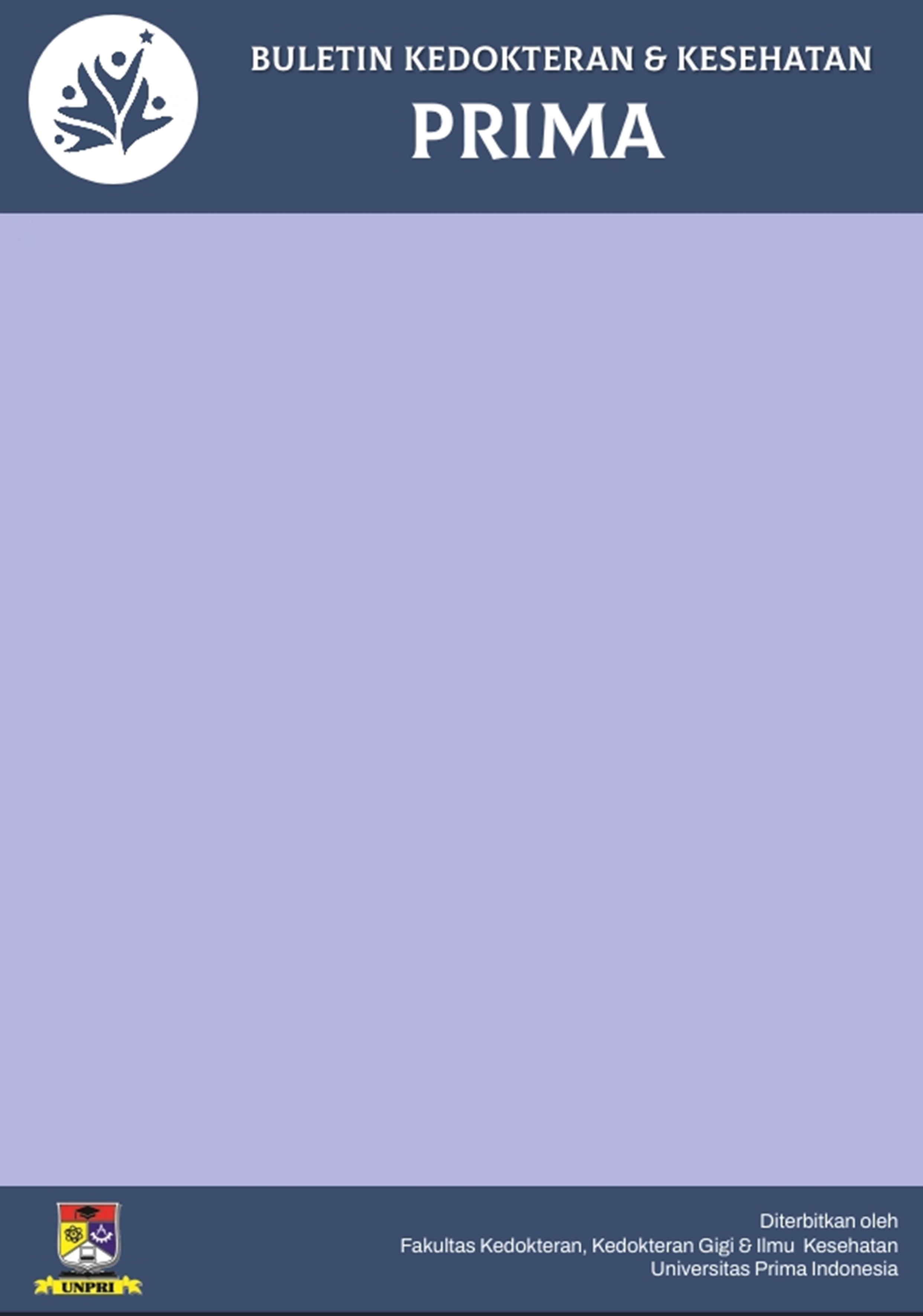Abstract
Background: Climate change significantly impacts the epidemiology of vector-borne diseases. Dengue, transmitted by Aedes mosquitoes, is highly sensitive to climatic shifts, and global cases are surging. A clear understanding of how rising temperatures affect vector bionomics is essential for public health. This scoping review aims to synthesize recent evidence (2018–2025) on the relationship between climate change, particularly temperature, and the Aedes life cycle and dengue transmission.
Methods: We conducted a scoping review using the Xiao and Watson (2019) framework. Systematic searches were performed in Scopus, PubMed, and Google Scholar for experimental, modeling, and field studies published between 2018 and 2025. Following screening based on predefined inclusion and exclusion criteria, 13 studies were included. Data were extracted and synthesized qualitatively to identify key themes.
Results: The findings reveal a complex, non-linear thermal relationship. Vector fitness (e.g., survival, fertility) peaks at 25°C–30°C but declines under "heat stress" (>32°C) despite faster development times. Critically, the thermal optimum for disease transmission (R₀) is higher, peaking at 29°C–31°C, driven by a heat-accelerated Extrinsic Incubation Period (EIP) of the virus. This discrepancy fuels a "dual threat": intensification of epidemics in endemic regions and expansion of vector habitats into temperate zones. This aligns with epidemiological data showing the global dengue burden approximately doubled between 1990 and 2021.
Conclusions: Climate change is an unequivocal amplifier of the global dengue threat, fundamentally altering Aedes bionomics and transmission potential. This reality necessitates a paradigm shift from reactive to predictive public health, mandating expanded surveillance in newly vulnerable regions. Major research gaps persist regarding the synergistic effects of rainfall, humidity, and diurnal temperature fluctuations (DTR).

This work is licensed under a Creative Commons Attribution-NonCommercial 4.0 International License.
Copyright (c) 2025 Gita Br Ginting, Angel Juliana Peace Sitorus, Putri Yunita Pane, Hartono, Pahala Maringan Jubel Simangungsong
